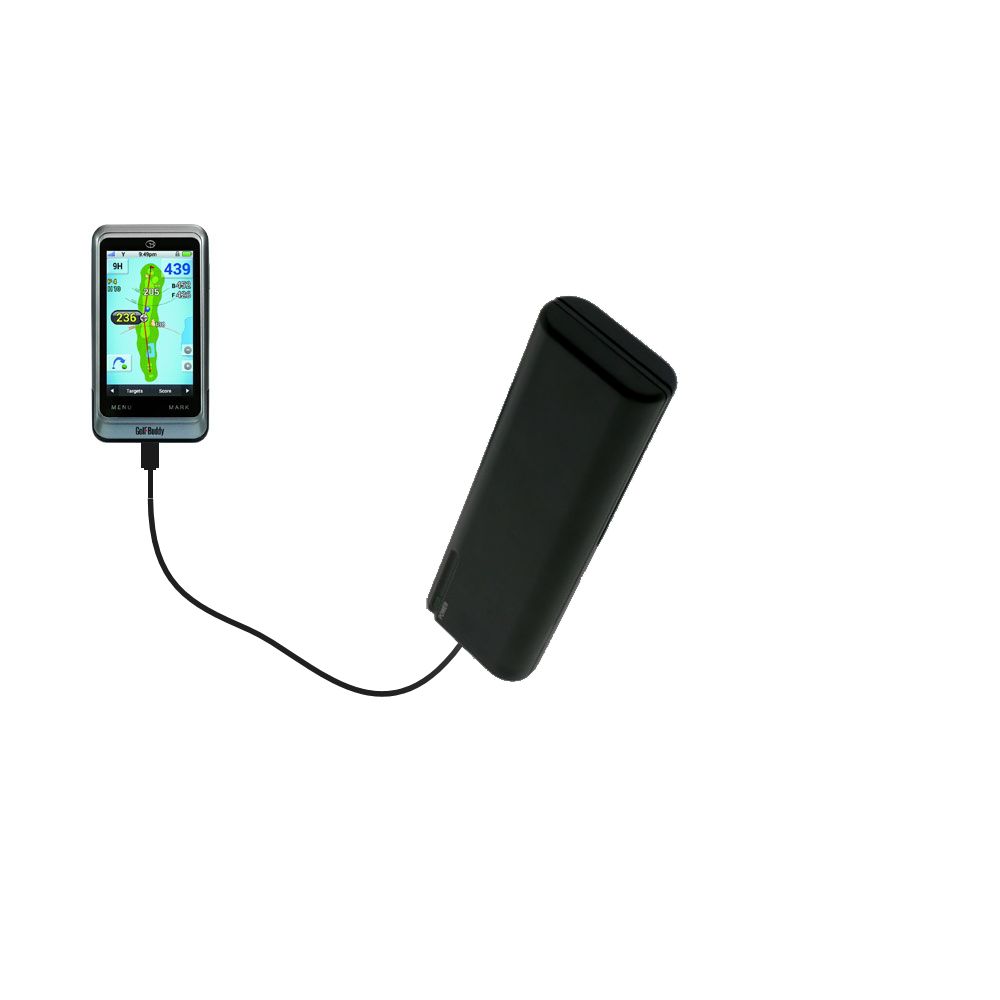

McFarlane died in Lansing, Michigan on from a lung condition. He was investigated by the FBI in 2009 over concerns that he was illegally lobbying on behalf of the Sudanese government of Omar al-Bashir, but was not charged with any crime. Bush shortly before he left office.įollowing his pardon, McFarlane operated a consulting business. He was later pardoned, along with several other figures in the Iran-Contra scandal, by President George H. Suffering from guilt over his role in the scheme and feeling betrayed by Reagan-who, he later wrote, "approved every single action I ever took" but who "lacked the moral conviction and intellectual courage to stand up in our defense and in defense of his policy"- McFarlane attempted suicide in 1987. He ultimately pleaded guilty to four misdemeanor counts, admitting that he had hidden information about the Reagan Administration's support of the Contras from Congress. When the scheme came to light, administration officials implemented a plan to insulate Reagan and senior officials by focusing blame on McFarlane.


McFarlane was a central figure in the Iran–Contra affair, an operation in which the Reagan Administration funneled weapons to Iran and diverted the profits to illegally fund right-wing rebels in Nicaragua. He resigned as National Security Adviser in late 1985 because of disagreements with other administration figures but remained involved in negotiations with Iran and with Hezbollah. Within the Reagan Administration, McFarlane was a leading architect of the Strategic Defense Initiative, a project intended to defend the US against Soviet ballistic missile attacks. Robert Carl " Bud" McFarlane (J– May 12, 2022) was an American Marine Corps officer who served as National Security Advisor to President Ronald Reagan from 1983 through 1985.


 0 kommentar(er)
0 kommentar(er)
